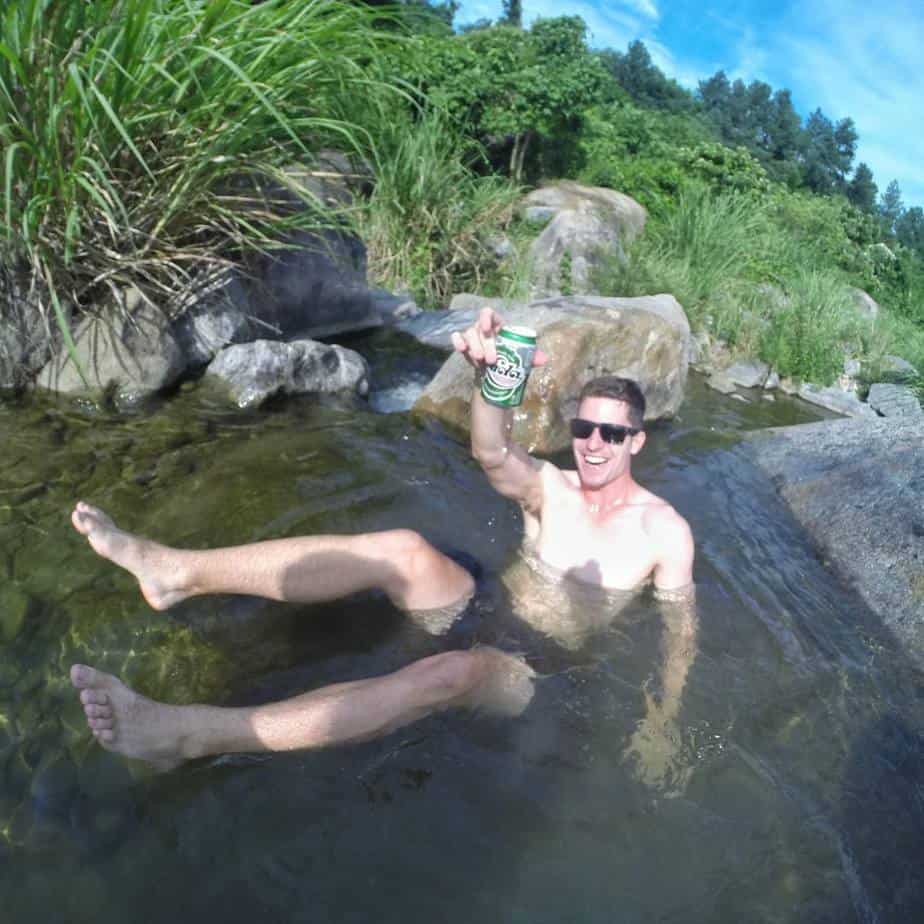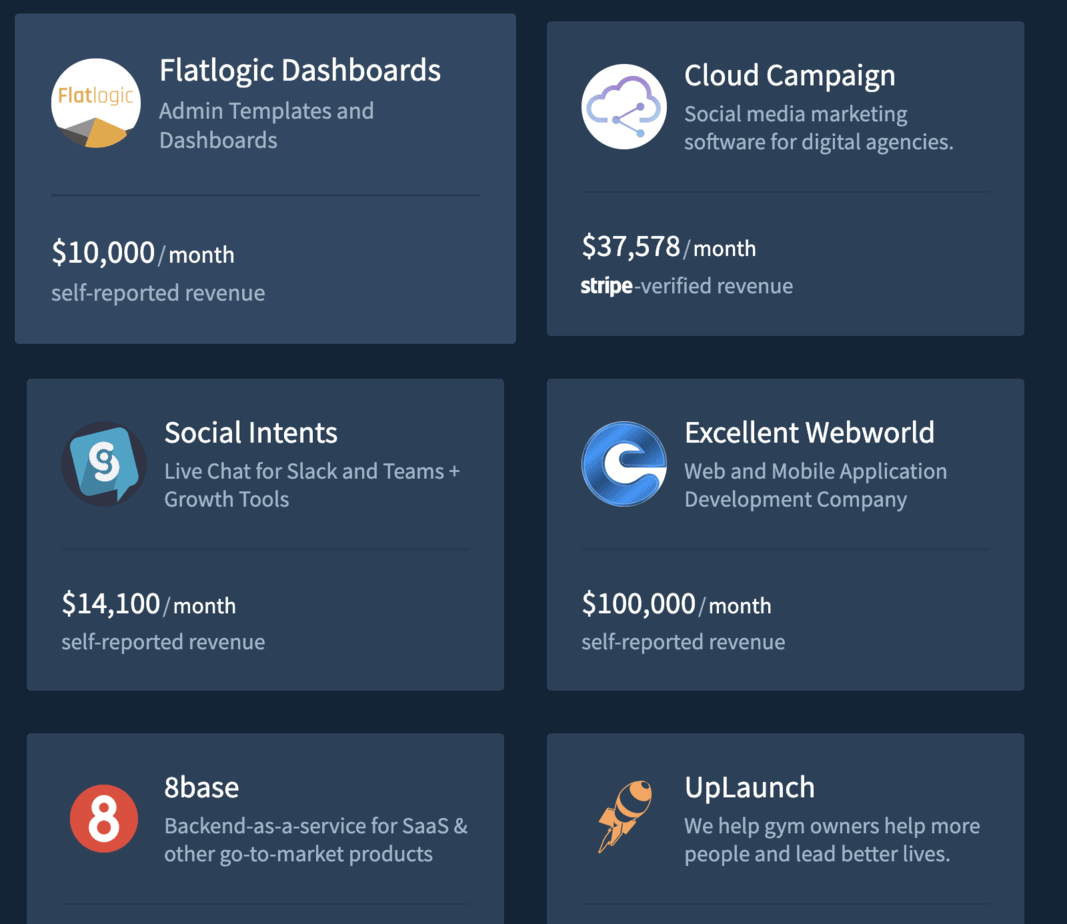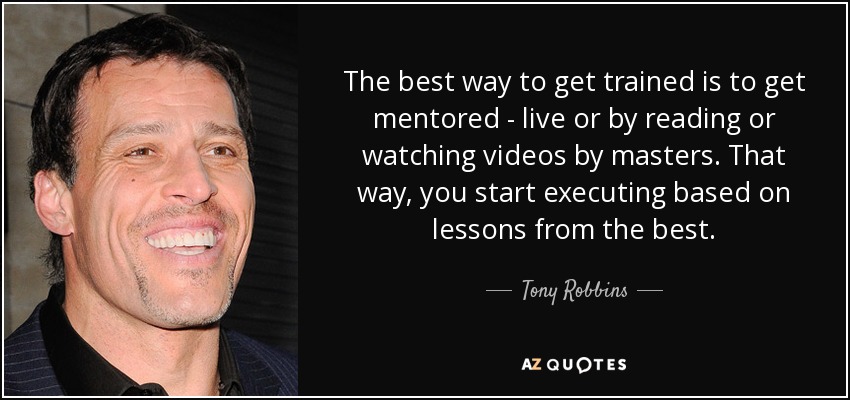Note: This post may contain affiliate links which means if you click on a link and purchase an item, we will receive an affiliate commission at no extra cost to you.
In recent years I’ve learned how to build websites, travel the world, sell, become proficient at SEO, become a better writer, grow my Instagram, not dance terribly, and tons of other things.
Being able to teach yourself new skills/knowledge/wisdom via the internet is one of the most important skills if you want to live a great life and reach your full potential.
And surprisingly, this doesn’t seem to be a skill that’s taught widely in schools. So here’s my best effort at sharing my process!
Table of Contents
1. You MUST adopt a growth mindset
If you haven’t already adopted a growth mindset (a belief that you can learn and achieve just about anything you want to), read this post before continuing on.
Alternatively, you can watch me explain this concept in 30 seconds via this TikTok video:
@camwoodsum Follow for part 2! 🤙#growthmindset #entrepreneur #mindset #digitalnomad #successful #passiveincome #onlinebusiness
Access to information is rarely the barrier to learning new things, it’s your willpower/desire/commitment.
This sub-concept is deeply related to having a growth mindset belief.
It’s critical to accept that the internet/books have information on almost anything that you could ever want to learn. And thus, that you have control of your ability to learn new things and that you alone are the only barrier to you improving.
We live in the information era where an unfathomable amount of information is available at our fingertips instantly at any moment.
Your job as a learner is to parse through that information and find the best resources to help you learn in the shortest period of time.
2. Study and learn from the best
If you wanted to play in the NBA, you would study Lebron James and other NBA players to understand exactly how they play, what their mindset is, how they position themselves on the court, etc.
Studying experts is one of the simplest and most underrated ways to learn new things. You can do this by reading interviews, watching their actions like a hawk, mimicking their style until you develop your own, or reaching out and asking them for help/advice.
For obvious reasons, you’re much better off learning from the best people in the world than trying to teach yourself something from scratch.
Studying & Mimicking
When I wanted to learn how to manage and scale a hip-hop artist’s social media account, I spent three months closely studying five artists whose social media presences I loved.
At the end of the three months, I had learned best practices about post frequency, types of posts that worked well, and other stylistic best practices.
Then when I then started posting for my artist, I copied specific things from each artist and then I layered in my own style on top.
This is similar to the idea of initially copying Lebron James’s stepback jumper and then tweaking it to fit your style. There’s frequently no need to reinvent the wheel, you learn off of the baseline of other people’s learnings.
Some professions (like writing) take this practice to an extreme through a process called “copywork.” Copywork is the process of exactly copying a writer’s writing to understand precisely how to write like the best writers in the world.
Asking Experts For Help
It’s no surprise that many successful people swear that mentorship has been one of the most important aspects of their success. Because if you find someone who has achieved the success that you want, they can likely help guide you where you want to go.
If you aren’t experienced with cold emailing successful people, you should know that you can find anyone’s email address on the internet and that (if you write a short, great email) successful people will respond more frequently than you would expect.
3. Try, search, ask (my learning framework)
The basic framework for how I think about learning is what I call “try, search, ask,” a concept I learned about from the coding community.
Try: The best way to start learning something and to continue learning is by doing it.
Search: The best way to learn things that you are unable to do is by searching and finding information to teach you how to do it.
Ask: And if you get stuck in your progression, then your best option is to ask for help from an expert.
4. Try: The best way to learn is by doing
This is a very simple concept that colleges and traditional schooling have royally fucked up. Memorizing info to pass a test is not the best way to learn information.
If you want to learn how to build a website, build a website. If you want to learn how to do marketing, literally do marketing. If you want to learn entrepreneurship, start a company.
If you apply this one principle, this alone will take you a long way.
With most things, you don’t need to be an expert before getting started. You need to start, learn, apply, learn, apply, learn, apply.
And thus the process of learning and improving flows naturally.
5. Searching is a skillset (but it isn’t an exact science)
The key to search is that there is no key. Just search and hunt for information endlessly until you find what you need.
I might literally type in a question in 10-15 different ways if I’m searching for something obscure and can’t find a good article about it.
Just google, google, google until you find the information that you need.
Some quick Google search tips include:
A) Use the words “guide” or “ultimate guide” to find long-form guides on your subject (i.e. The Ultimate Guide To Using Google Search).
B) The information that ranks at the top of Google search isn’t necessarily the best info on that topic, it just ranks at the top. For this reason, it’s important to open many pages and look at the information itself.
C) Including reddit.com in your search is a good way to get unbiased information from everyday people. Most websites use affiliate links to promote products/services/courses and Reddit is one of the only sites that doesn’t have affiliate links so it’s less likely for people to have financial motivations behind their advice.
D) If you hold the command or control button before clicking on a link, it will open that page in a new tab. When searching, I open up lots of tabs so that I have all of the potential learning resource options all at once.
Search separately on Google (for articles), Amazon (for books), YouTube (for videos), and Podcasts
Because there are many different sources of information, it’s valuable to search across different platforms to explore your options.
When I wrote my guide to minimalism, I did a comprehensive scouring of the internet to find all of the best resources on the topic.
Depending on your learning style, you may prefer certain mediums to others. Just know that there’s good information all over the place.
Other tips on finding great information
A) I tend to open up all possible resources first, and then I’ll skim each one, go deeper on the ones that seem the best. And if I find a great source of information, I’ll then look for other resources created by that same author.
B) Paid courses can be great resources for information because it saves you the time of finding and piecing together learnings from various resources. I’m a big fan of paying to shorten my learning time and increase my knowledge.
C) The process of searching for great learning resources never ends because as you learn more, new questions will arise and you’ll thus need to look for new help! Do, search, do search, etc.
If you want to see my exact search process, you can watch this video here!
6. Ask for help whenever you get stuck
If you hit a learning plateau or you can’t figure out how to solve a specific issue (or you just want to learn faster!), ask for help!
You can get help by:
1) Reaching out to a specific domain expert and asking for advice/help
2) Going into a Facebook group or other community and asking your question
3) Hiring an expert/coach on a freelancing platform like Upwork to hop on a call and answer questions or to help you with specific issues
Summarizing The Key Points:
1. Believe in your ability to learn anything (growth mindset)
2. Study and learn from the best to shorten your learning time
3. Use the try, search, ask process (learn by doing, search for info when you need it, ask for help when you’re stuck)
Additional Resources To Go Deeper:
To go deeper on this topic, I highly recommend reading/watching:
1. The Step-by-Step Guide to Go From Novice to Expert in Any Skill by Nat Eliason (a great guide from one of my favorite thinkers/learners)
2. Self-Education: Teach Yourself Anything with the Sandbox Method by Nat Eliason (another great guide from one of my favorite thinkers/learners)
3. Learn Faster By Teaching Others (this is a learning hack about shortening your learning time)










Leave a Reply
View Comments